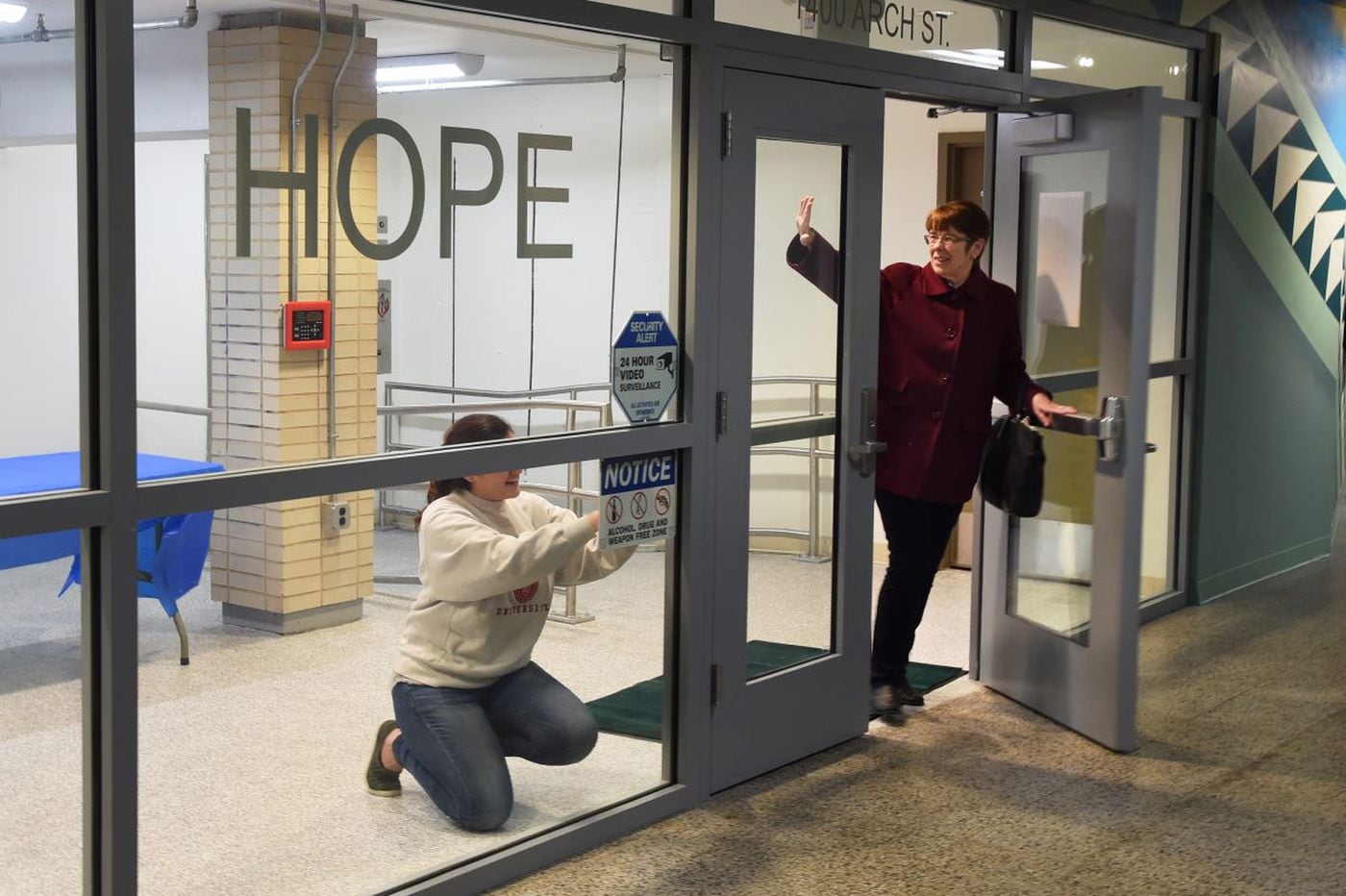
Guiding chronically homeless people to the assistance they need is a delicate process, said those who work with the city's indigent, and requires giving people with nowhere to go a place to feel welcome.
Between 800 and 900 people are estimated to live on the streets and spend their nights exposed to the elements. An additional 5,700 are in shelters or temporary housing, and an uncounted number put down beds in abandoned cars or buildings, or couch-surf with friends or relatives.
Sister Mary Scullion, who leads Project HOME, has pointed to opioid addiction as one of the major drivers of homelessness in Philadelphia, and the clinic will include people qualified to give medical assistance to people in crisis because of addiction, as well as access to Alcoholics Anonymous and Narcotics Anonymous recovery programs. Project HOME also has an intensive residential program for long-term addicts called Journey of Hope that will be made available.
Medical care is being covered through grants and Medicaid, and behavioral health care will be funded through the city's Office of Behavioral Health.
